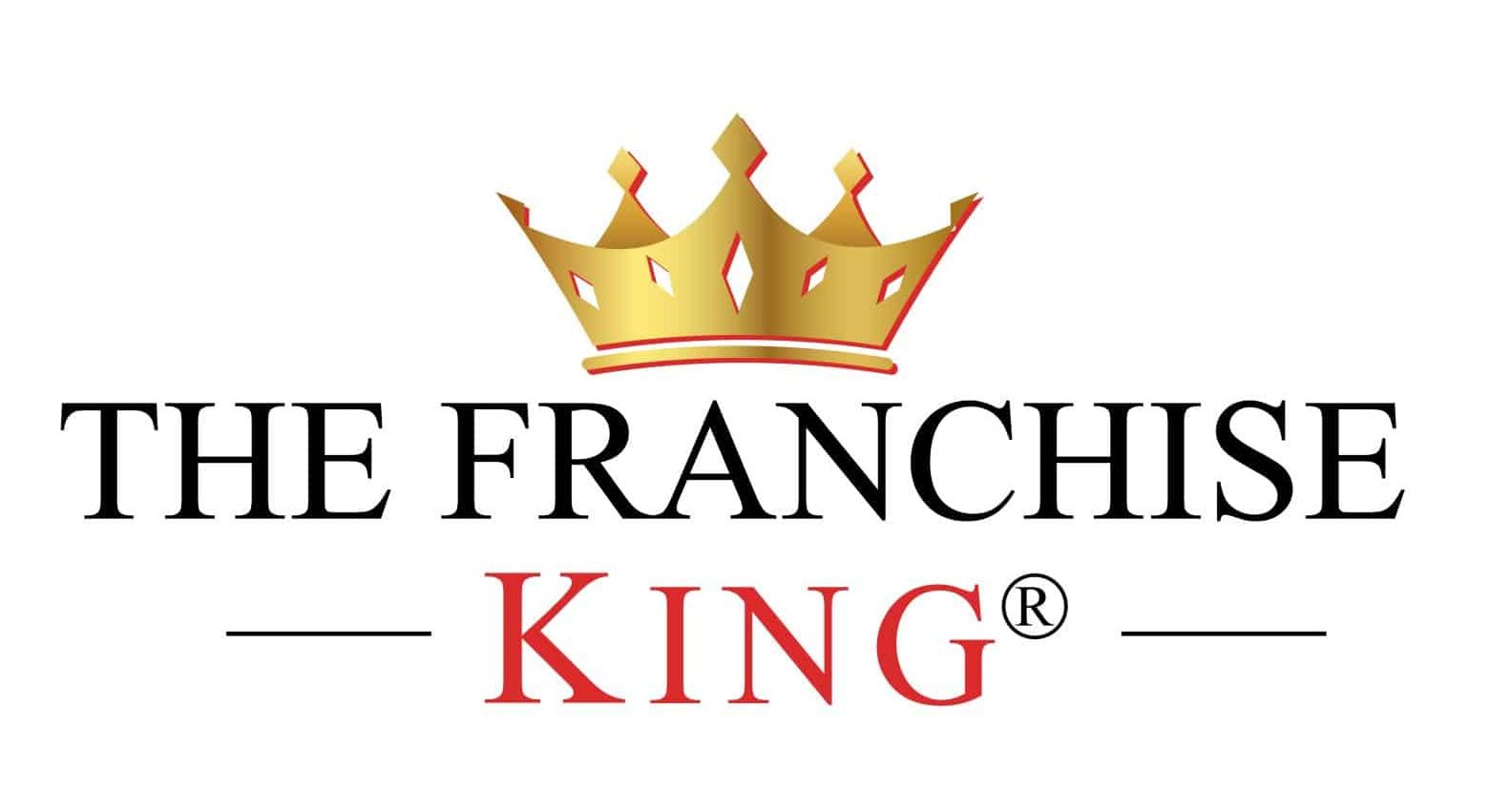
(Guest post on Cybersecurity Threats In Franchising)
Cybersecurity For Franchise Organizations
According to IBM, it takes an average of 280 days to identify and contain a data breach which can result in financial losses of up to $3.86 million, on average. As cybersecurity risks grow in complexity and sophistication, more and more organizations will be exposed to cybersecurity threats.
And this is especially true as companies continue to increase their digital presence and e-commerce capabilities to keep up with a rapidly evolving technological landscape.
In franchising, cybersecurity is a very real concern. Data breaches in franchised networks have been on the rise in recent years. The impacts of which affect not only a corporation’s bottom line but impact its operations and compliance in the short term.
Besides, simply not having a comprehensive data security system in place – regardless of whether there’s a breach or not – can result in hefty liabilities. Furthermore, the reputation cost of breaches can result in lost business.
After all, franchise systems collect vast amounts of data on franchise owners, current and prospective employees, as well as clients and customers. In the modern world, data is king, and the effective use of data is synonymous with success.
As a result, many corporations collect data not only to identify operational inefficiencies but also to improve quality of service, better target their marketing campaigns. Plus, it improves their business and bottom line.
That’s why establishing systems to protect valuable data and intellectual property should, therefore, be at the core of every franchise brand.
Cybersecurity Threats In Franchising: Unique Vulnerabilities of Franchise Systems
Many franchises have hundreds, some even thousands, of locations worldwide, leading to interdependent and interconnected networks between franchisors and franchisees. Franchising is at its core a relationship between franchisors and franchisees characterized by mutual interdependence.
Although they are different companies, they share entangled domains of trust and risk creating unique vulnerabilities. Each party relies on the other to do its part in protecting data and information systems. If one franchisee is not secure, then the entire franchise is not secure. For this reason, franchises need a comprehensive, centrally managed cybersecurity framework that covers every tier of the organization.
Cyber Vulnerabilities Common to Franchise Systems
As mentioned, franchise networks handle large volumes of data and customer information on the daily. The technology systems franchisors use to collect and analyze data are intrinsically linked to their franchisees’ systems.
For instance, customer credit card information, sales tracking, and royalty payments, among others, originate from franchisee networks. As a result, a franchise system is vulnerable from multiple entry points – each franchisee’s office, computer terminal, or POS is a cyber-vulnerability. Can you see why cybersecurity threats in franchising are so serious?
Franchisors tend to view cyber vulnerabilities mainly in terms of their POS systems. The truth is, much more is at issue, as the following realities demonstrate:
- Franchisees are often small businesses that don’t have the resources to adequately arm themselves against threats.
- Many franchisors store and transmit trade secrets or know-how to their franchisees via online intranets, which are incredibly vulnerable to electronic breaches.
- Franchisee networks can share technical access and, in many instances, will hire third-party service providers. Even though they run independently from one another, such broad domains of trust result in overall system vulnerability.
The Wendy’s Franchise Data Breach
Let’s use Wendy’s 2016 data breach as an example of the financial impact of a data hack.
In the case of Wendy’s, hackers gained access to third-party vendor credentials enabling them to infiltrate each system and access sensitive customer information such as names, credit/debit card numbers, and personal identifiable information (PII). A simple RAM-scraping malware infected over a thousand franchise-owned restaurants leading to vast amounts of data loss and a hefty financial settlement of over $53 million.
Bottom line?
A single franchisee can comprise an entire franchise system.
Franchisor Strategy for CyberSecurity Threat Hardening
Due to the intricate nature of a franchise system, it’s no surprise that ensuring cyber-security is so difficult. Therefore, franchise systems must align their security strategy with their business to protect their digital assets, users, and data.
Franchises must ensure that all critical IT systems are supported by comprehensive IT security architecture, guidelines, policies, and training. Franchisors should enlist all their franchisees, third-party vendors, and other stakeholders in their security practices.
Given the breadth of dangers presented by the internet, franchisors should invest in cyber insurance policies and require the same from their franchisees.
In addition, franchisors should also develop a data security management policy to which all franchisees must adhere.
Finally, no cybersecurity framework is complete without training programs. Building cyber resilience and managing risk all comes back to increasing awareness. Cybersecurity threats in franchising must be understood for the measures to be effective.
Developing a Cyber Security Framework
As a franchise business, the most critical asset is your brand and associated goodwill. Your reputation is linked to how well you protect and manage your customers’ information. Also, customers are unlikely to differentiate between the franchisor who owns the brand and the franchisee that operates a particular outlet. Thus, a breach at one outlet can discredit the entire franchise.
To summarize, it’s crucial for franchisors to develop a cyber-security framework that caters to each franchisee. It’s an investment that will provide much-needed vigilance and neutralize threats. The data security legal framework is also rapidly evolving hence the need for a system that provides protection and ensures compliance.
(The guest author, Joan Pack, is a content creator and strategist who strives to provide unique insight on topics that help people grow. When she’s not creating earth-shattering content, she spends her time studying music, singing, and connecting with people through music.)
About the Author
The Franchise King®, Joel Libava, is a leading franchise expert, author of "Become a Franchise Owner!" and "The Definitive Guide to Franchise Research." Featured in outlets like The New York Times, CNBC, and Franchise Direct, Joel’s no-nonsense approach as a trusted Franchise Ownership Advisor helps aspiring franchisees make smart, informed decisions in their journey to franchise ownership. He owns and operates this franchise blog.
Note: When you buy through links on this website, we may earn an affiliate commission.








